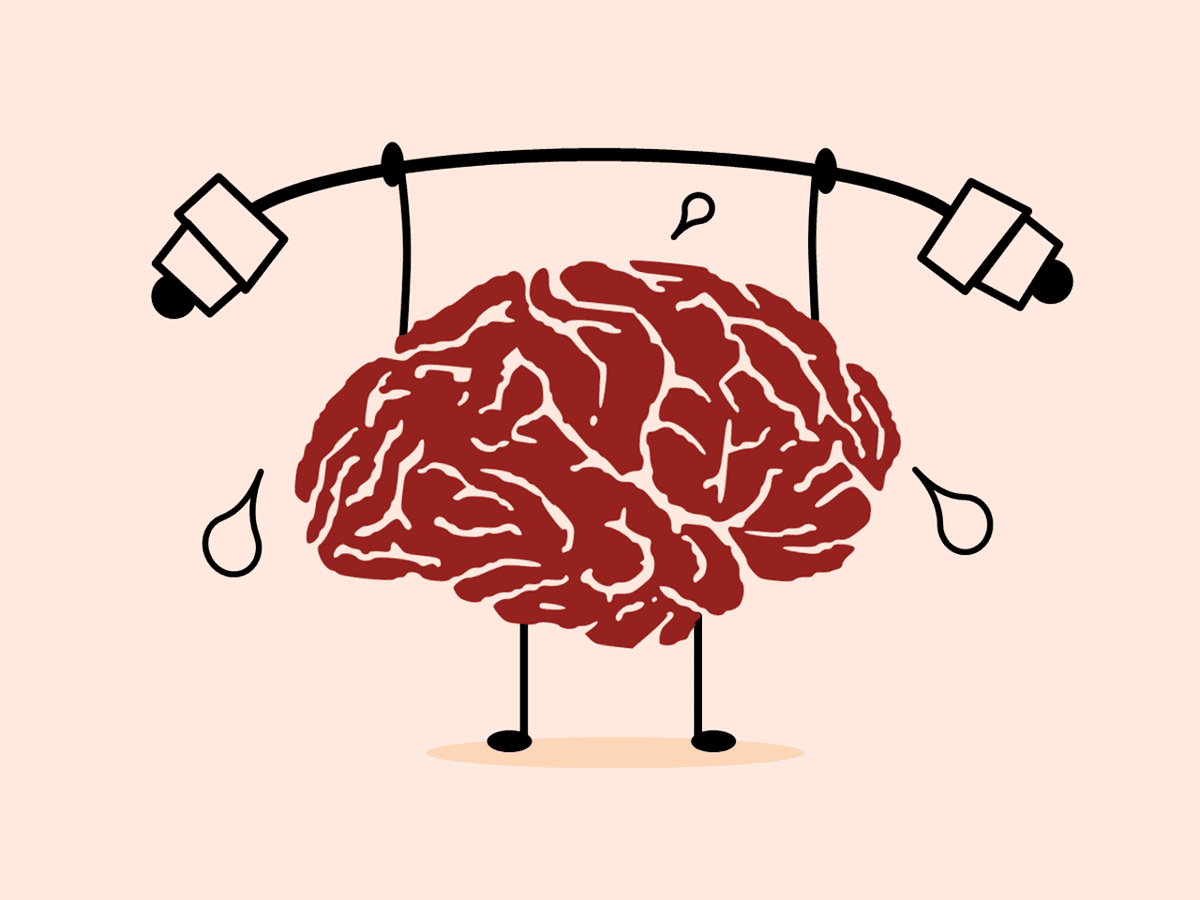Start Your Recovery Journey at a Trusted Inpatient Mental Health Facility
Start Your Recovery Journey at a Trusted Inpatient Mental Health Facility
Blog Article
Comprehensive Inpatient Mental Wellness Solutions for Effective Therapy
Inpatient mental wellness solutions stand for a crucial element of the healthcare system, offering a intensive and structured atmosphere for people experiencing extreme mental distress. Discovering the nuances of this continuum exposes significant ramifications for both specific recovery and more comprehensive mental health outcomes.
Recognizing Inpatient Mental Health Providers
Inpatient mental health and wellness services supply important support for people experiencing extreme psychological distress that can not be taken care of efficiently in an outpatient setting. These services are designed to supply an extensive degree of care in a structured atmosphere, typically within a medical facility or specialized center. People confessed to inpatient programs usually present intense signs, such as self-destructive ideation, severe depression, or psychosis, requiring round-the-clock tracking and intervention.
The admission procedure normally includes an extensive evaluation by mental wellness experts, who examine the person's psychological state, background, and instant needs. Once admitted, patients take part in a variety of healing techniques tailored to their particular needs, consisting of medication monitoring, private treatment, and group sessions. This alternative strategy aims to maintain the individual's condition, advertise security, and foster coping abilities.
Inpatient mental health services not just address immediate health problems however also act as a bridge to recurring care. By giving a controlled setting, these solutions facilitate the development of therapy strategies that can be proceeded in outpatient setups, therefore ensuring a continuum of care and boosting long-term end results for people with complicated psychological wellness demands.
Trick Components of Effective Treatment
Reliable treatment in inpatient mental health services consists of several key elements that promote healing and stabilization. First and foremost, a comprehensive evaluation is important to identify the person's particular requirements and challenges. This evaluation notifies the development of a customized treatment strategy, which acts as a roadmap for intervention.
One more vital component is the multidisciplinary group strategy. Cooperation among psychoanalysts, psychologists, registered nurses, and social employees guarantees that different point of views add to the client's care, enhancing the efficiency of therapy. Evidence-based healing methods, such as cognitive-behavioral therapy (CBT) and dialectical behavior modification (DBT), are also important, providing structured methods that attend to maladaptive idea patterns and behavior issues.

Last but not least, a focus on aftercare planning is crucial to make sure a seamless shift to outpatient solutions, reducing the risk of regression and promoting long-term health. These collective parts create a reliable treatment structure within inpatient mental wellness services.
Advantages of Comprehensive Care

Extensive treatment in inpatient psychological health services provides many advantages that significantly enhance individual outcomes. Among the key benefits is the holistic method to treatment, attending to not just the emotional signs and symptoms yet also the physical, social, and emotional needs of clients. This complete analysis permits customized treatments that advertise total health.
An additional advantage is the assimilation of multidisciplinary groups, which cultivates cooperation amongst medical care experts. This joint atmosphere makes sure that individuals get collaborated care, decreasing the risk of fragmented treatment and enhancing interaction amongst caretakers. Moreover, detailed treatment helps with continuity of solutions, enabling smooth shifts from inpatient to outpatient settings, which is important for long-term recovery.

Finally, the organized atmosphere of detailed inpatient care offers a safe space for patients to participate in healing tasks, assisting them develop coping approaches and strength. Jointly, these advantages contribute to more reliable therapy and enhanced quality of life for people experiencing psychological health and wellness dilemmas.
Evidence-Based Healing Strategies
In the realm of mental wellness treatment, evidence-based therapeutic strategies play a critical function in guaranteeing that people get effective and medically supported interventions. These approaches incorporate the very best offered research with scientific experience and client values, fostering a customized treatment experience that resolves private demands.
Cognitive Behavior Modification (CBT) is one of the most extensively identified evidence-based methods, concentrating on recognizing and changing negative thought patterns and habits. This organized approach has demonstrated effectiveness in dealing with problems such as ptsd, depression, and stress and anxiety. Dialectical Actions Treatment (DBT) is specifically reliable for people with borderline character condition, highlighting the advancement of emotional regulation and interpersonal performance abilities.
In addition, medicine administration is typically an important element of evidence-based treatment, as psychotropic medications can reduce symptoms and boost total functioning. Collaborative care versions, which include multidisciplinary teams, further boost the efficiency of inpatient services by guaranteeing comprehensive analyses and continual tracking.
Ultimately, the assimilation of evidence-based restorative methods not only advertises positive clinical end results yet likewise empowers people, promoting a sense of firm and durability in their mental wellness journeys.
Transitioning to Outpatient Assistance
The shift from inpatient mental health and wellness services to outpatient assistance marks an essential phase in a patient's healing trip. This period calls for cautious preparation and sychronisation to ensure continuity of treatment and to reduce the threats of relapse or dilemma. Effective discharge preparation should begin early in the inpatient keep, including a multidisciplinary group that Read Full Report includes psychiatrists, psycho therapists, nurses, and social employees.
Key aspects of an effective transition include the growth of an extensive aftercare strategy customized to the individual's certain needs. This plan needs to describe follow-up visits, drug management, and healing treatments, as well as determine area sources and click to read support system that can assist in recurring recovery.
Additionally, person and family education is crucial throughout this phase. Comprehending the indications of possible setbacks and the significance of sticking to therapy can empower patients and their support group.
Routine follow-up and reassessment of the outpatient plan are necessary to resolve evolving challenges. By fostering a collective connection in between outpatient and inpatient service providers, the probability of sustained recuperation boosts, eventually boosting the patient's lifestyle and lowering the risk of readmission.

Conclusion
In recap, comprehensive inpatient psychological wellness services offer a crucial framework for attending to serious mental distress through a multidisciplinary method. By integrating evidence-based treatments, cultivating an organized environment, and promoting household participation, these solutions boost therapy performance. The emphasis on stability and the development of dealing skills not only aids in instant healing yet additionally promotes a smoother transition to outpatient care. Ultimately, such comprehensive care is vital for long-term mental health and well-being.
The admission process usually entails a thorough analysis by mental health professionals, that examine the individual's mental state, background, and instant needs.Reliable therapy go to this website in inpatient mental health solutions makes up several vital parts that promote recovery and stablizing.Extensive treatment in inpatient psychological health solutions uses various advantages that substantially improve person results.The transition from inpatient psychological health and wellness solutions to outpatient assistance marks an essential phase in a patient's healing journey.In recap, comprehensive inpatient psychological health and wellness solutions provide an important structure for dealing with extreme psychological distress via a multidisciplinary approach.
Report this page